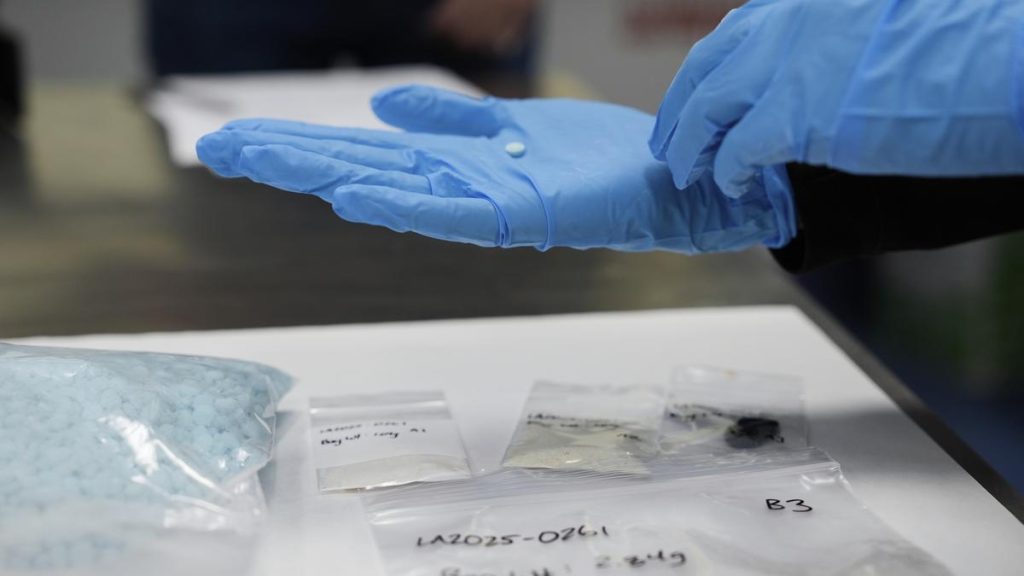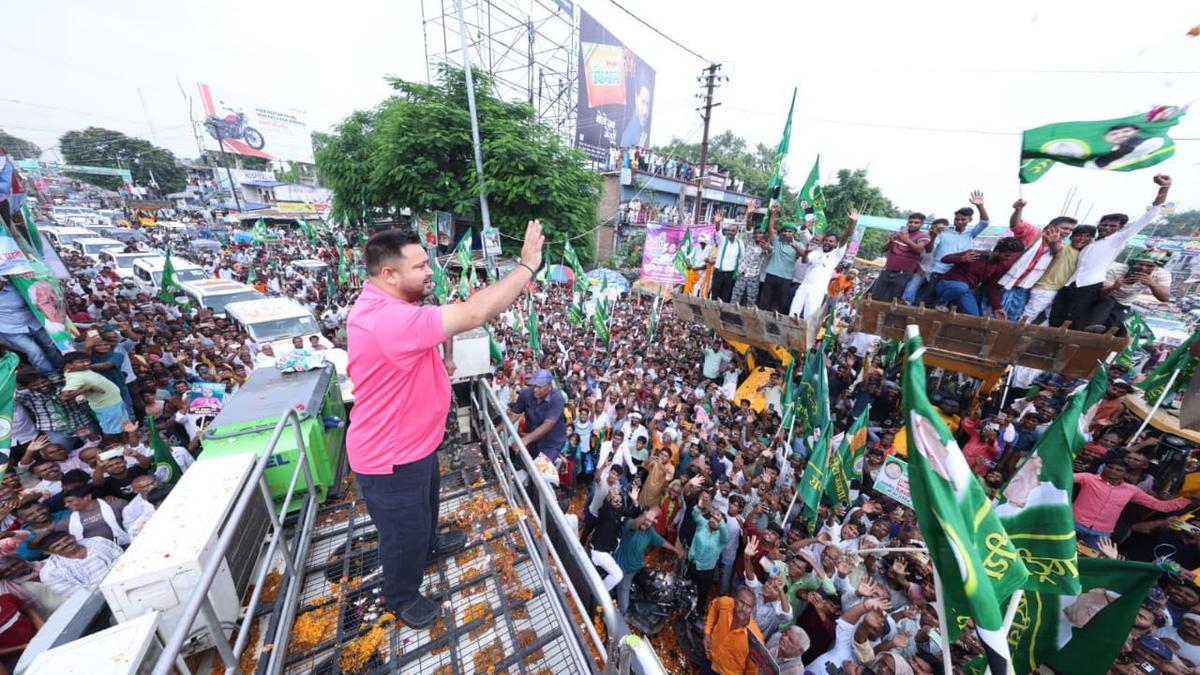Now Reading: NIMHANS Announces New Initiatives for Elderly Mental Health
-
01
NIMHANS Announces New Initiatives for Elderly Mental Health
NIMHANS Announces New Initiatives for Elderly Mental Health

Quick Summary:
- NIMHANS Initiatives: Two innovative programmes launched to address gaps in geriatric mental health care:
1. NIMHANS-VMS Gruha (community outreach program): Provides home-based psychiatric services to elderly citizens, including counselling, tele-psychiatry consultations, and support through trained volunteers in Bengaluru South Corporation. Funded by philanthropic contributions of ₹2.4 crore from eminent psychiatrists. Contact: 99004 18922 during working hours.
2. Post-Diagnostic Dementia Care Center: Supports families post-dementia diagnosis with counselling, caregiver training, therapies like art/music stimulation, and financial aid for economically weaker families via CSR funding.Contact: 81973 68965.
- Service Scope & Benefits:
– NIMHANS-VMS Gruha targets destitute elders and old-age homes while aiming for scale-up city-wide with government cooperation.
– Dementia Care Centre seeks structured interventions for over 3,000 families annually to improve quality of life and delay institutionalisation.
- Context on Mental Health Challenges:
– India’s ageing population is projected at 340 million older adults by 2050, including a rising dementia burden (5.3 million cases since 2020).
– Over 90% of elderly mental health conditions remain untreated, largely due to stigma and accessibility issues.
- Both initiatives align with WHO’s Decade of Healthy Ageing (2021-2030).
Indian Opinion Analysis:
As India’s ageing population grows significantly, initiatives like NIMHANS-VMS Gruha and the post-diagnostic Dementia care Centre show promise as critical steps toward responsive geriatric care systems that tackle stigma and barriers related to access. By focusing on community partnership models – through philanthropy for initial funding or linking welfare schemes – these programmes seek long-term sustainability while directly addressing gaps such as continuity of care post-diagnosis or extending professional psychiatric services into homes.
This dual approach not only prioritises clinical needs but also emphasizes holistic well-being via caregiver support networks and culturally relevant therapies like art/music stimulation aimed at improving lives beyond treatment alone. The pilot phase’s limited geographical scope in Bengaluru illustrates its nascent stage; however, its ambition for scaling across urban centres highlights the potential nationwide impact if adopted widely alongside policy endorsements.
Moreover, integrating financial aid alongside direct outreach efforts suggests intention toward inclusivity – particularly amid economic disparities exacerbated by caregiving costs within Indian households already struggling under growing dementia burdens as preventive resources remain scarce even today.
Overall success will depend upon financing continuity beyond philanthropic sources coupled with systematic frameworks ensuring accessibility across diverse socio-economic strata over extended timelines.
for more details: Read More






















